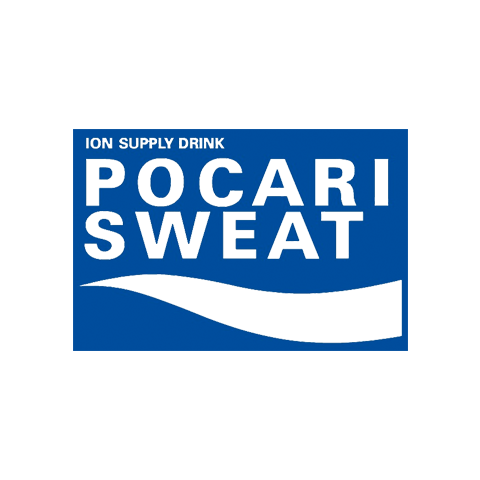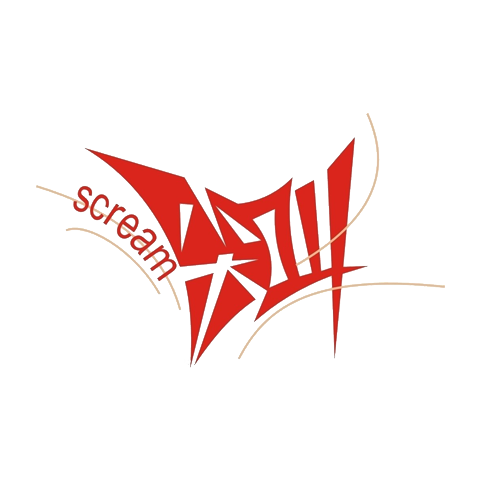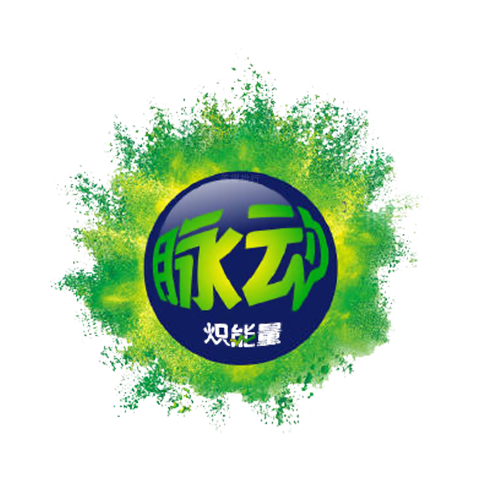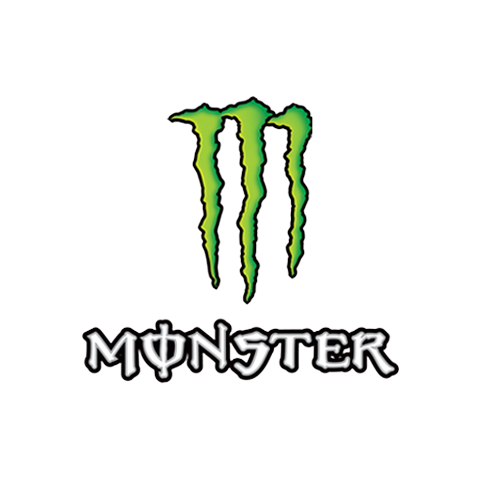In 2014, Grape won the first place in the market share of functional drinks in the UK market, but after being sold by the parent company GlaxoSmithKline to the Japanese company Suntory, it withdrew from the mainland market and sold only in Hong Kong in China.
In 2018, in order to avoid the UK's sugar tax, Grape changed its recipe and reduced the sugar content to less than 100ml/5g, which is similar to the proportion of sucrose in Lucozade LITE low-calorie version, and added more synthetic sweeteners to maintain the taste, but it still encountered fierce criticism from consumers. The main criticism is that the aftertaste of the sugar substitute is very greasy, and the original highly restored fruit flavor has completely changed, and the grapes do not seem to have found a trick to balance the taste. If you want to choose between the right taste of semi-sugared grapes, Brazilian guava and mango passion fruit are safer choices, at least they don't have too many strange flavors, but they don't have anything to do with the fruit.
The sodium content of Grape is 50mg/100ml, which is similar to Gatorade, which is suitable for drinking after sweating, and Lucozade LITE is slightly lower in the low-calorie version, with a content of 37mg/100ml, but it is also enough to replenish the electrolytes lost in daily exercises such as running, fitness, and badminton for about an hour, both of which are 7.9 yuan/500ml. Like BodyArmor, Grape Comfort also has a pure electrolyte rehydrator, fitwater, a sugar-free formula with only magnesium, calcium, sodium and chloride, and it doesn't taste great, some describe it as a musty, watered away strawberry milkshake with an unpleasant metallic taste. However, if a large amount of electrolytes are consumed, such as diarrhea, this 600ml Fitwater priced at 7 yuan will be a good assistant for quick hydration and electrolytes.












